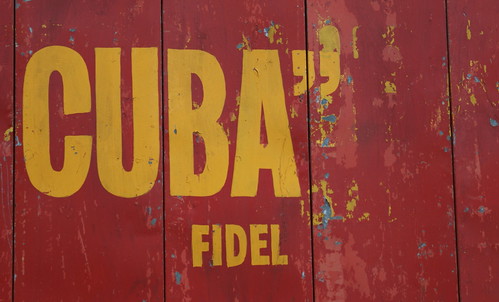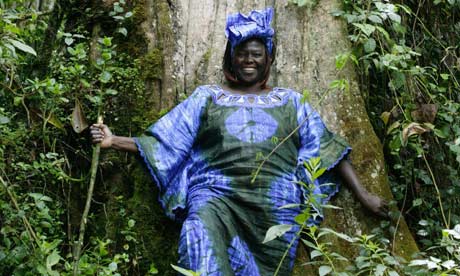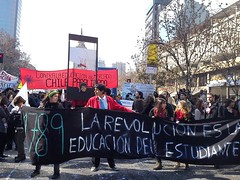
In a ruling emitted this week the Mexican Supreme Court did not reach the supermajority needed in order to overturn an anti-abortion law in Baja California state.
As we first
mentioned on Monday, the top tribunal debated the legality of a Baja California “right-to-life” law similar to those on the books in eighteen of thirty-two individual states. In their 7-4 ruling on Wednesday, the judges emphasized that they based their decision "strictly on
constitutional issues” and not on the moral questions raised by methods of birth control. Nonetheless, as judge Fernando Franco argued “criminalizing the interruption of a pregnancy in all cases … is disproportionate and unreasonable.”
Conservative groups hailed the ruling while Catholic Archbishop Rafael Romo of Tijuana, Baja California called the verdict "
a positive decision." Women’s rights activists and health care advocates, on the other hand, worry that the ruling could lead to a divide between those who can afford a safe and legal abortion in Mexico City and poor women who would choose dangerous, back-alley procedures. (Abortions in the first trimester are legal only in Mexico City).
President Felipe Calderon did not specifically opine on the Supreme Court’s decision though earlier this week his office emitted a statement mentioning that his government backs the “commitment to
the right to life”. Yet one Mexico City government entity
begged to differ with Calderon:
Mexico City's governmental Human Rights Commission said it "regrets that this decision by the supreme court will worsen the serious public health problem of clandestine abortions in unhealthy conditions."
"It is also very grave that a supposedly constitutional and democratic government like Mexico's establishes different levels of human rights protection for women, depending in which state they live in," it added.
Coincidentally, the verdict was emitted on the day that women’s groups in the Latin America commemorated a “Day for the Depenalization of Abortion” in the region. Numerous protests were held throughout the region
including in Nicaragua, which is one of three Latin American countries (along with El Salvador and Chile) where abortion is illegal without exception.
Mexico wasn’t the only Latin American country where abortion was debated this month. In Colombia, the Conservative Party introduced a constitutional amendment that
would criminalize all forms of abortion. (Currently abortion in Colombia is permitted only under three cases: risk to the mother’s life, malformed fetuses, and if the mother was raped).
Legislators opposed to the plan pointed out that the proposed amendment
would go beyond the abortion issue to penalize use of “morning-after” pills and possibly ban assisted suicide.
A report released weeks ago by several entities including the Guttmacher Institute found that a
minuscule 0.08% of an estimated 400,000 abortions done this year in Colombia were done legally.
Image- Notimex via Radio Formula
Online Sources- El Espectador, Semana.com, El Tiempo, The Latin Americanist, BBC News, Los Angeles Times, EFE, MSNBC, Conexiones
 * Asia: The Chinese Foreign Ministry proposed discussions with Burma after Burmese president Thein Sein suspended the controversial Myitsone dam project.
* Asia: The Chinese Foreign Ministry proposed discussions with Burma after Burmese president Thein Sein suspended the controversial Myitsone dam project.







